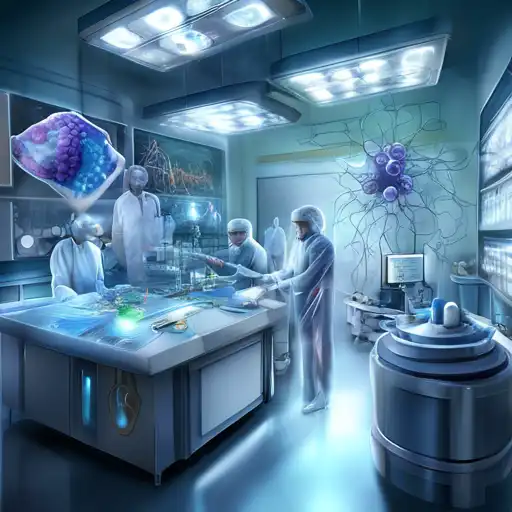Introduction to Nanotechnology in Medicine
Nanotechnology, the science of manipulating matter at the atomic and molecular scale, is set to revolutionize the medical field. With its potential to diagnose, treat, and prevent diseases at a cellular level, nanotechnology in medicine is indeed the next big thing. This article explores the groundbreaking advancements and the future prospects of nanotechnology in healthcare.
The Current State of Nanotechnology in Medicine
Today, nanotechnology is being used in various medical applications, from drug delivery systems to diagnostic tools. Nanoparticles can target specific cells, such as cancer cells, delivering drugs directly to the affected area without harming healthy tissues. This precision reduces side effects and improves treatment outcomes.
Advancements in Drug Delivery
One of the most significant contributions of nanotechnology is in the development of advanced drug delivery systems. These systems ensure that medications are released at the right time and in the right place within the body, enhancing efficacy and patient compliance.
Diagnostic Breakthroughs
Nanotechnology has also led to the creation of highly sensitive diagnostic tools. These tools can detect diseases at their earliest stages, even before symptoms appear, offering a better chance for successful treatment.
The Future of Nanotechnology in Medicine
The future of nanotechnology in medicine is bright, with ongoing research focusing on regenerative medicine, personalized treatments, and even nanorobots that can perform surgeries at a cellular level. The possibilities are endless, and the impact on healthcare could be transformative.
Challenges and Ethical Considerations
Despite its potential, the integration of nanotechnology into medicine faces challenges, including safety concerns, regulatory hurdles, and ethical questions. Addressing these issues is crucial for the successful adoption of nanotechnology in healthcare.
Conclusion
Nanotechnology in medicine represents a frontier of innovation that promises to redefine healthcare. As research progresses, we can expect to see more nanotech-based treatments and diagnostics that offer hope for curing previously untreatable conditions. The journey of nanotechnology in medicine is just beginning, and its full potential is yet to be realized.
For more insights into the future of healthcare technology, explore our articles on the future of healthcare and innovative medical technologies.
